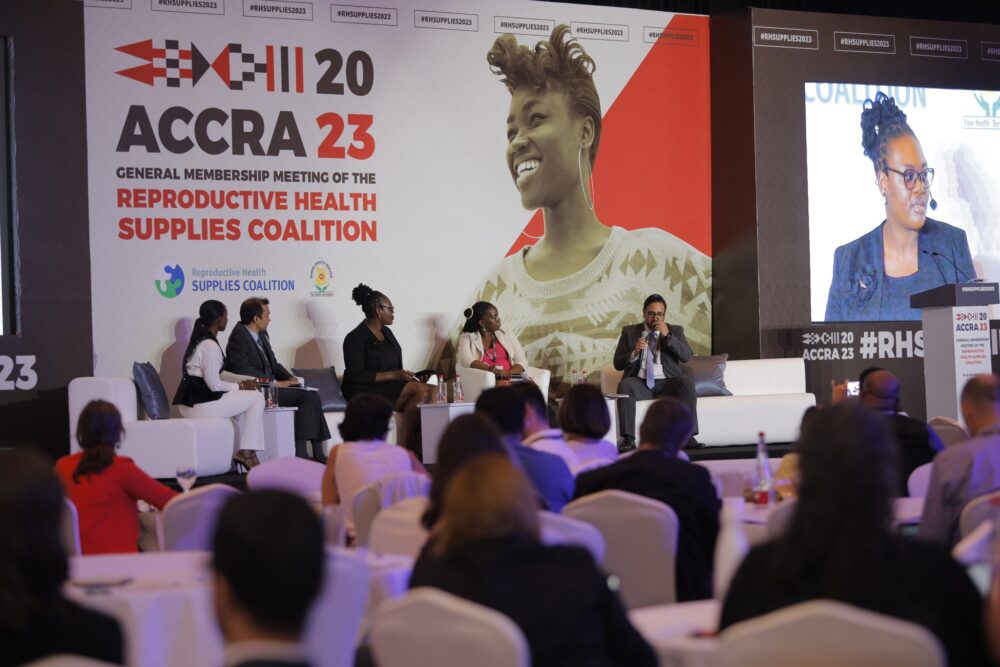
The primary goal of this gathering was to unite global leaders and experts in reproductive health supplies, including contraceptives, menstrual supplies, maternal health products, safe abortion supplies, and more. After a hiatus caused by the COVID-19 pandemic, the event aimed to deliberate on the future of access to these critical life-saving products. Several key topics were addressed during the meeting:
- Impact of COVID-19 on Funding and Supply Chains: Participants examined how the pandemic affected funding for reproductive health supplies and their related markets and supply chains.
- Resilience in the Sector: Lessons were drawn from the sector’s response to the challenges brought about by the pandemic, with a focus on celebrating its unique resilience.
- Financing, Equity, and Regionalization: Discussions revolved around questions concerning financing, equity, and regionalization within the reproductive health supply chain.
The central theme of the event was “Resilience,” symbolized by the drum, which permeated the event’s design, from the lanyard layout to a collective drum workshop that marked the opening day of the plenary sessions.
Supporting the local community
Engaging with the local community was a crucial aspect of the event. The social program included six site visits that provided participants with the opportunity to gain insights into Ghanaian healthcare institutions, healthcare centres, and non-governmental organizations involved in reproductive health. In a bid to further connect with the local community, all conference materials, including conference bags, printed materials, and giveaways, were sourced and purchased locally. The conference bag was designed by a talented Ghanaian artist under the age of 35.
Pioneering A.I. tools.
One of the standout features of the event was the adoption of an innovative A.I. translation tool for multilingual support. For the first time, participants had access to an A.I.-powered translation service that facilitated seamless communication in more than 30 languages. This service offered both audio and caption options. To access this cutting-edge technology, attendees simply needed to scan a QR code at the beginning of each session using their smartphones, eliminating the need to download an app. They could listen through a pair of headphones, making it a user-friendly solution. This approach simplified translation without the need for traditional translation booths in meeting rooms, significantly expanding the range of supported languages while reducing overall costs.
The quality of the translation, as reported by participants, was of high calibre, resulting in a satisfying experience. The integration of artificial intelligence into event planning is an emerging trend, and this event, served as the perfect platform for a successful first use of this pioneering A.I. tool.
The ability to create glossaries with the terminology of the respective event/session allows the AI-supported system to increase the quality of the translation. Additional technical terms or speaker lists may even be entered during the event to ensure that they are translated correctly.
The use of AI technology not only enhanced the multilingual experience but also underscored the forward-thinking nature of the RHSC General Membership Meeting.
In summary, the RHSC General Membership Meeting in Accra, Ghana, served as a testament to the resilience of the reproductive health sector while also showcasing the promising capabilities of AI in event management.
After the COVID-related break of several years, this year’s General Membership Meeting was more than ever an opportunity to strengthen networks, find new points of contact and grow the community.

